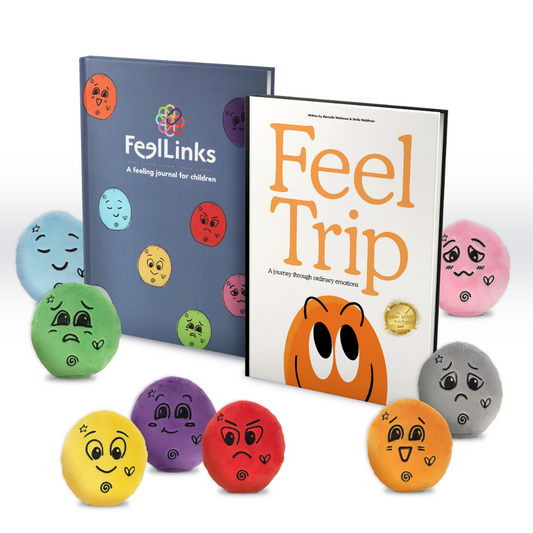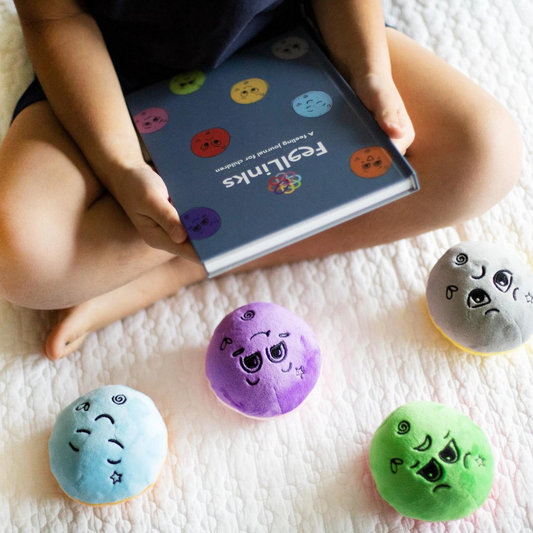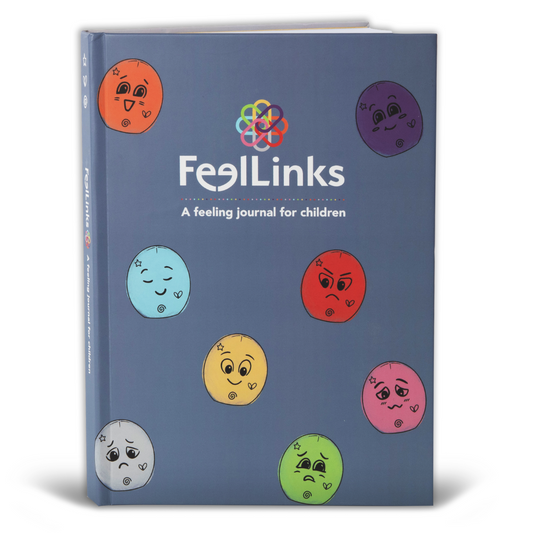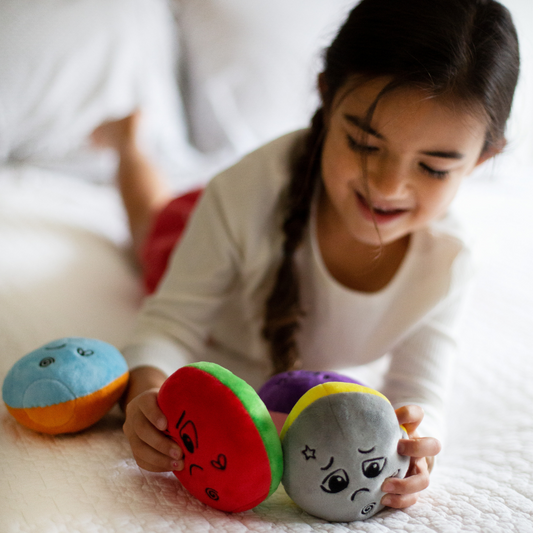How To Discuss Tough Topics With Your Children
Share

A beautiful image created by my favorite children's book author, Peter Reynolds. Books are a wonderful way to support conversations about tough topics with children.
It can be difficult to decide if, when, and how, to discuss tough topics with our children. It’s one thing to talk about a stain on their favorite shirt, block tower falling down, or the power going out when their favorite show was on TV – but when topics are about heavy issues facing us at home, in our community, country, or world, it’s much bigger and can be much more difficult to navigate.
Remember, some children are ready to have open conversations and ask questions about big topics, while others have no interest. Know your child, gauge what is best for them.
For today, I will focus on the child that is interested in engaging in conversations about difficult topics. I will offer some advice on how to navigate these discussions.
First, take in to consideration your child’s age and developmental stage. Kids take in information differently at different ages, so it’s important to pay attention to what’s most fitting for your child.
Is your child more sensitive or prone to anxiety? Will giving them more information about a difficult topic, create a sense of empowerment? Or will it frighten them?
Deliver information appropriately for your child's age and development. Tackling tough topics will look different for each of our children and families.
Here are some tips on leading a conversation about tough topics:
Honesty - The most important thing you can do is be honest with your child. Never shy away from letting your child that you don't know an answer; always do your research and report back - or research together with your child, if it's age appropriate to do so.
Plan it out - What will you say? Think about what you want to say to your child before you go ahead and open the conversation.
Timing – Find a quiet time to discuss tough topics. While many children enjoying talking before bed, that might not be the best time to talk about something tough. I know that my child is a deep thinker and she takes a lot of time to process big topics– that’s why before bed is not the best time to discuss difficult topics with her. Maybe during a family breakfast or mid-day when there is not much going on in your household.
Ask what they know – Ask your child what they know about the topic. This will help you open a dialogue and get you listening to your child.
Your feelings – Share how you are feeling about the difficult topic. I often say that you are the best model for your child – we want our children to know that we have feelings about the situation and that is normal. Show your emotions, it’s okay to cry if you are feeling the need.
Comfort – Reassure and comfort your child. You are there for them, keeping them safe, protecting them in every way. You are there for any further questions or discussions.
Here is an age by age guide to assist you in navigating
these topics (some information here is sourced from Common Sense Media)
Age 2-6
At this age, children are often more in tune to how things
affect them. While they might have an idea of a broader picture of the world, they are more egocentric at this age. At this age you are able to manage their media exposure, so do your best to keep the news at bay. Be honest, reassure their safety, address their emotions, find out what they already know - gently correct when they say something that is not “true”, and keep it short and simple.
Age 7-12
For the younger ages here, children are still grappling with what is real and make-believe. So, be cautious with the younger ages in this group with media and exposure to things that are too much for them to handle. You know your child – gauge what is best for their individual needs. On the other hand, the older children in this group, our tweens, are more likely to be exposed to more media and more conversations about tough topics with their peers. Engage when the time is right, listen to what they know, be a safe place for them to openly talk and express their emotions, provide context and perspective of the situation – giving them what the “sides” might be saying, be honest and continue to reassure them that you are there for them.
Teens
Teens are most likely engaged in media on their own. They are watching and reading the news, interested in what their peers are saying on social media – these will all be influential when you talk with your teen about tough topics. Help them to understand that media is a snapshot and can influence their ideas and thoughts. Stray from lecture, be a listener and encourage open dialogue. Listen to what they know, how they feel, what their values are (also share your values), get them to consider the complexities of the situation and even what solutions can help correct it! Teens are capable of engaging in thoughtful dialogue – stay present, honest, curious and continue reassuring their safety and your love for them.
As long as your child is ready, please continue having compassionate conversations about tough and complex topics. This is how we can do our part and work together to create a world with more kindness, compassion, harmony, and inclusivity.
With a gratitude and peace…
Marcelle
P.S.
With all that has transpired in our world, we are faced with so many emotions, many of which are tough and saddening. On top of how we are feeling, we are faced with many questions and curiosities from our children and students, and many of them are feeling heightened emotions of anxiety and stress. Whether you are an educator, parent, healthcare professional, or a friend - YOU are doing an incredible job taking care of your young people, in an increasingly complex world.
Here are a couple of resources I found helpful in discussing the Russia/Ukraine crisis with my children. This ABCnews article has tips on speaking with your children about the current events. In this article you will hear from Dr. Nick Hatzis of the outpatient mental health care facility Compass Health Center in Chicago. This particular quote, struck me as an important message for all of us to read...
"The most important step for parents is, create a space that allows for listening. Conversation on Ukraine may be exactly what some kids want and exactly what others might not."
Here is another article from the Washington Post on how to help kids understand what is happening in Ukraine.
This video from Nightly News: Kids Edition with Lester Holt (begins at 1.30) really helped my own children understand the history of Eastern Europe and current status of Russia and Ukraine.





